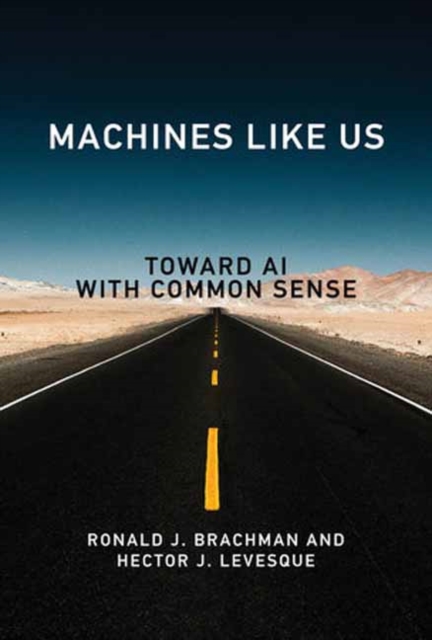How we can create artificial intelligence with broad, robust common sense rather than narrow, specialized expertise. It's sometime in the not-so-distant future, and you send your fully autonomous self-driving car to the store to pick up your grocery order. The car is endowed with as much capability as an artificial intelligence agent can have, programmed to drive better than you do. But when the car encounters a traffic light stuck on red, it just sits there--indefinitely. Its obstacle-avoidance, lane-following, and route-calculation capacities are all irrelevant; it fails to act because it lacks the common sense of a human driver, who would quickly figure out what's happening and find a workaround. In
Machines like Us, Ron Brachman and Hector Levesque--both leading experts in AI--consider what it would take to create machines with common sense rather than just the specialized expertise of today's AI systems.
Using the stuck traffic light and other relatable examples, Brachman and Levesque offer an accessible account of how common sense might be built into a machine. They analyze common sense in humans, explain how AI over the years has focused mainly on expertise, and suggest ways to endow an AI system with both common sense and effective reasoning. Finally, they consider the critical issue of how we can trust an autonomous machine to make decisions, identifying two fundamental requirements for trustworthy autonomous AI systems: having reasons for doing what they do, and being able to accept advice. Both in the end are dependent on having common sense.










